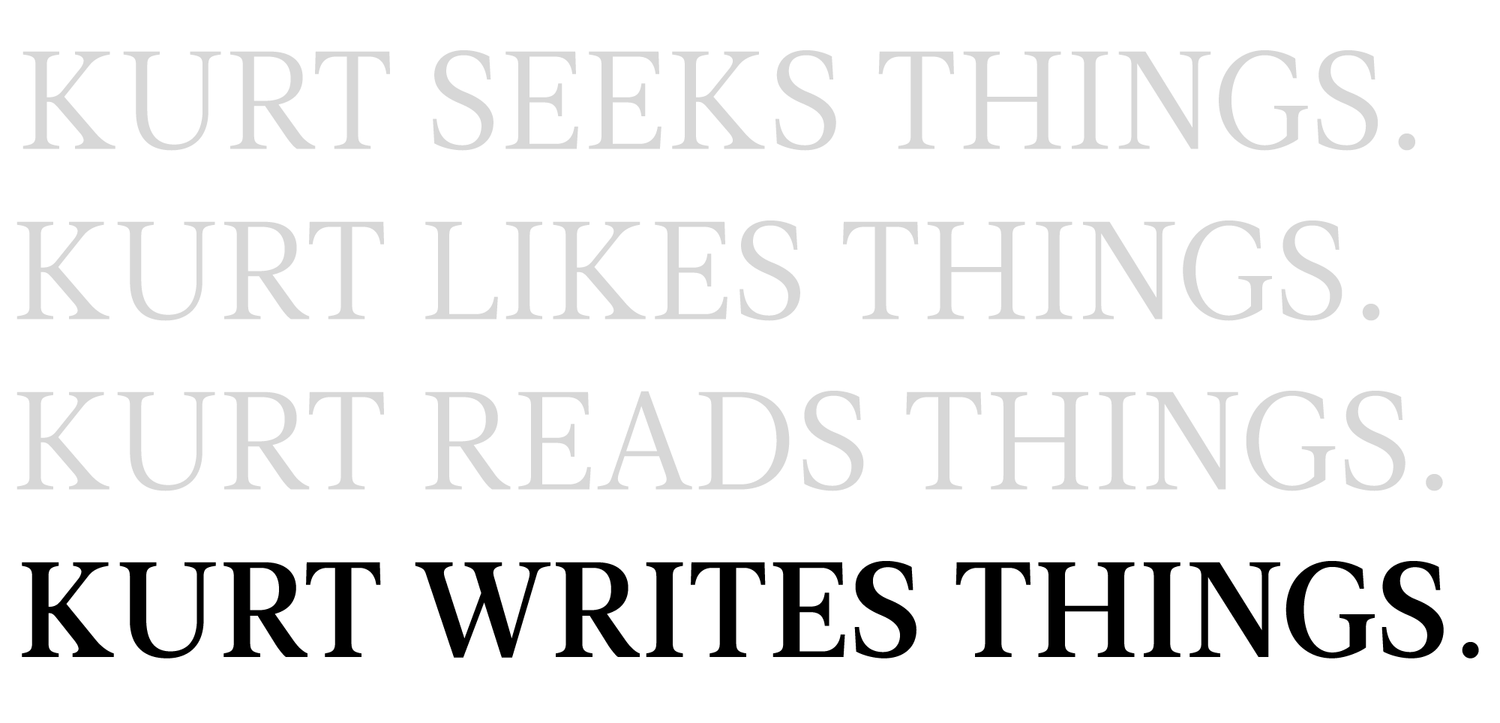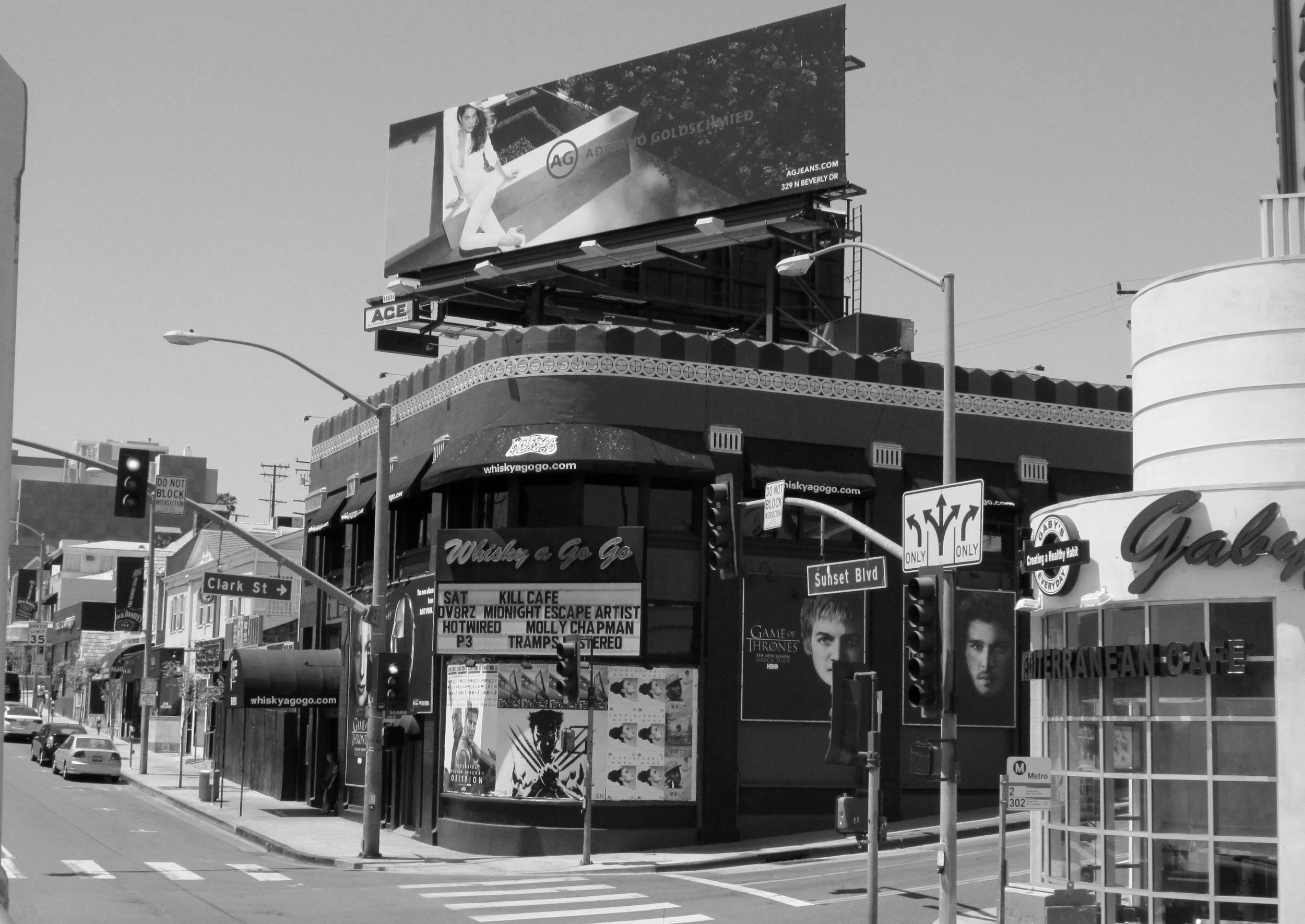Foo Fighters – ‘Wasting Light’ Album Review
/After fifteen years together, Foo Fighters have not lost any of their intensity or ability to write hit songs. On the contrary, they have upped the ante, and seventh album Wasting Light explodes out of your speakers like a bomb just got dropped about five metres away from you.
Following up on a huge success is a daunting task, especially when it earned you multiple Grammy nominations and awards, including wins for Best Rock Album and Best Hard Rock Performance for the smash hit-single 'The Pretender'.
2007's Echoes, Silence, Patience And Grace had the stadium-sized ambitions, yes, but it also attempted to mesh them more cohesively with their quieter, folkier ambitions (first seen on the unplugged second half of 2005's In Your Honor, a deliberate demarcation to note for your next tailgate party). The stylistic pairing placed them at the peak of their powers. So what happens afterwards?
Gettin' Good At Startin' Over
Wasting Light is a back-to-basics album for the band. Back-to-basics, though, in their terms.
For Wasting Light, guitarist and lead singer Dave Grohl wanted to go back to basics. It is easy to lose sight of what is 'real' after you've gained the ability to sell out stadiums on the regular. In an age where rock stars no longer represent the pop ideal, his kind of rampant omnipresence is rare, and surely helped by being (or attempting to be) the nicest guy in rock 'n roll.
Melding a playful, jokey persona off-stage with a rabid, earnest one on-stage, Grohl somehow appeals to pop radio and purists alike. The same could be said of his band, and the style they embody: post-grunge rock mixed with pop melodies, delivered with a tireless precision. But the purist in Grohl felt that they needed to revisit their roots; to tap into their harder, grungier influences and just rock out, old-school style.
So they went back to the garage - literally.
Grohl converted the garage at his own home in Virginia into a studio, and the band recorded the entire album using traditional analogue equipment (with only minor post-production done digitally). Former guitarist Pat Smear also re-entered the picture permanently, and they roped in former Nirvana bandmate Krist Novoselic for one track, with Nirvana's producer Butch Vig to guide the process - thus allowing for the closest thing to a Nirvana reunion since Kurt Cobain's tragic death in 1994 (Smear's role as latter-day touring guitarist strengthens the significance).
Ain't That The Way It Always Starts
Now with Smear back in the fold, the sound stage is noticeably more crowded, as each of the three guitarists battle for space in the mix. Almost every song on Wasting Light finds the listener caught in this crossfire, starting with album-opener 'Bridge Burning'. As each guitar enters one-by-one, Grohl declares "These are my famous last words!" with the maniacal theatrics of a comic book super-villain.
Rising through the rubble, the melodies are still there. First single 'Rope' is a fine example: the guitars are more chimy, the rhythm is more staccato-like, but the aural assault never lets up. 'Dear Rosemary' continues in a similar vein, albeit with some brash pop harmonies and star-studded backing vocals from Hüsker Dü's gravel-mouthed Bob Mould.
The album's most surprising moment was the arrival of 'White Limo'. The Foo's have always rocked, but you'd be hard-pressed to find any instance on record where they've gone all-out metal. Granted, Grohl has his own metal side-project Probot, and drummed in Queens Of Stone Age, known for their darker, alt-metal tendencies.
But The Foos Next Door never quite did it like this. With aggression and swagger straight out of the Motorhead playbook, Grohl snarls out almost unintelligible vocals as the band truly lets loose. Who needs lyrics anyway when you've got grit?
Easy For You To Say
For an album recorded in a garage, the output sounds remarkably polished. The band also captured their recording process for Wasting Light on film as a part of a career retrospective documentary timed with the release of the album.
In the footage, moments of seemingly tossed-off brilliance (such as Grohl deliberately leaving the bridge unwritten for 'Dear Rosemary', hoping that the arrival of his hero Mould would provide the necessary lyrical inspiration) are juxtaposed with bassist Nate Mendel meticulously practising his parts for hours before stepping up to the plate, more than ready to press record.
Behind the scenes, we see how much the outdated process of recording to tape really sits on a razor's edge. Performances have to be perfect when it's rolling; these are not gigabytes on a hard drive, but physical reels that need to be changed by hand (and patiently edited by one too). That the results are so slick belies the tension and precision required to get them so.
Let’s Change The Subject To Someone Else
Grohl's legacy has always been wearily linked with Nirvana's, and on the penultimate track 'I Should've Known', he pens the album's closest attempt at a ballad. Although it doesn't mention Cobain by name, it may as well, with lyrics such as "I should have known that it would end this way/I should have known there was no other way/Didn't hear your warning/Damn my heart gone deaf". The other surviving band mate Novoselic plays bass and accordion, and it's a somber, heartfelt respite from the brutal, free-wheeling chaos of the other tracks.
A lot of the middle section keeps things playful.
'Arlandria' shimmies along with loud-soft dynamics, even channeling a children's nursery rhyme in some of the verses. 'These Days' and 'Back & Forth' evoke the spirit of their turn-of-the-century testaments The Colour And The Shape (1997) and There's Nothing Left To Lose (2001); the former going for the chugging simplicity of 'Learn To Fly', whilst the latter settling into the catchy groove of something like 'Monkey Wrench' or 'Breakout'. If there are any culprits for middle-of-the-road status, I'd have to nominate the peppy 'A Matter Of Time' and 'Miss The Misery'; the latter of which will probably still go down well live in front of 80,000 people.
As the finale 'Walk' brings matters to a close on an undoubted fist-in-the-sky high, the results make for good reading. Wasting Light is one hell of a ride, and probably Foo Fighters' best-executed album since The Colour And The Shape.
Like a tireless puppy wanting to play ball with you, they continue to produce workmanlike rock records, eager to impress as if each were their first. The intention and hunger of the Foo's brand are there, and whilst they don't do much to diversify themselves, the ceremony of getting back into the garage has revitalised Grohl and company in true woodshedding fashion. For now, there'll be no wasting light.
Tracklisting:
Bridge Burning
Rope
Dear Rosemary
White Limo
Arlandria
These Days
Back & Forth
A Matter Of Time
Miss The Misery
I Should Have Known
Walk
Release date: 12 April 2011


